News
SEC to drop Ripple appeal, Garlinghouse says; no SEC comment yet
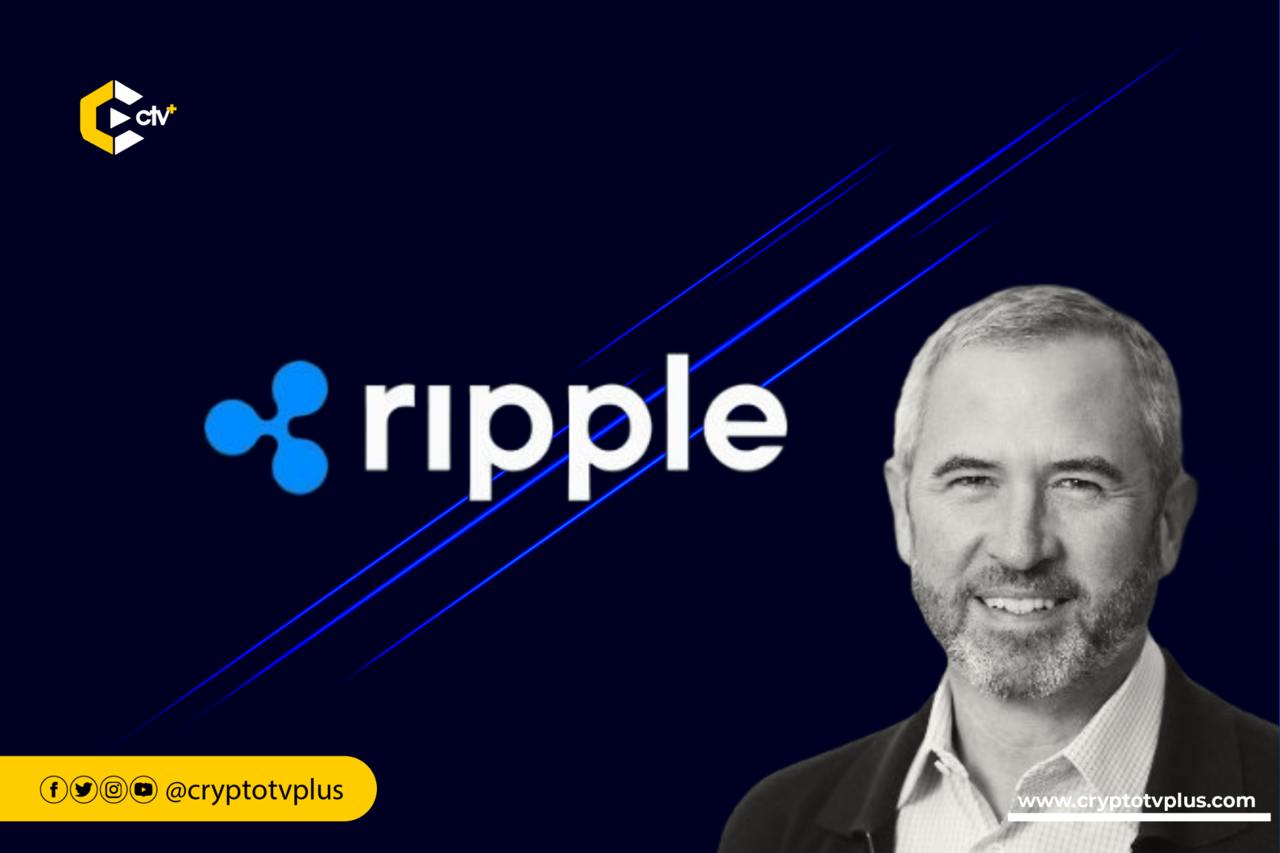
The U.S. Securities and Exchange Commission (SEC) will not proceed with an appeal in its case against the Ripple, according to a statement from CEO, Brad Garlinghouse.
This development would mark a major victory for Ripple and the broader cryptocurrency industry. However, the SEC has not yet confirmed this decision.
Garlinghouse framed the case as a critical moment in the battle over crypto regulation. “In many ways, this was the first major attack in the war on crypto,” he stated. “From the start, I believed Ripple was on the right side of the law, and now, I’m confident history will prove us right.”
He described the news as a decisive win, not just for Ripple but for the entire crypto ecosystem. “This is the moment we’ve been waiting for. The SEC will drop its appeal—an overwhelming victory for Ripple and crypto in every way,” he said.
While Garlinghouse’s statement has generated excitement, the SEC has not yet released an official comment. If confirmed, this decision could have significant implications for the regulatory landscape of digital assets in the United States.
Garlinghouse sends an optimistic message for the crypto industry: “The future looks bright. Let’s build.”
How it started
Ripple Labs, founded in 2012, developed XRP as a digital asset intended to facilitate fast and cost-effective cross-border payments, primarily for financial institutions. Unlike Bitcoin, which operates on a decentralized proof-of-work system, XRP uses a consensus protocol and is closely tied to Ripple’s operations, with the company holding a significant portion of the total XRP supply.
On December 22, 2020, the SEC filed a lawsuit against Ripple Labs and two of its executives—co-founder Christian Larsen and CEO Bradley Garlinghouse—in the U.S. District Court for the Southern District of New York. The SEC alleged that Ripple had raised over $1.3 billion through the sale of XRP in an unregistered securities offering, dating back to 2013.
The SEC said that XRP constituted an “investment contract” under the Howey Test—a legal framework derived from a 1946 Supreme Court case (SEC v. W.J. Howey Co.) used to determine whether an asset qualifies as a security.
It claimed that XRP sales met these criteria, particularly because Ripple promoted XRP as an investment opportunity tied to its efforts to build an ecosystem around the token.
Ripple, in its defense, argued that XRP was not a security but a currency or utility token used for payments, akin to Bitcoin or Ethereum, which the SEC had previously suggested were not securities.
Ripple also pointed to a lack of regulatory clarity, citing a 2018 speech by former SEC Director of Corporation Finance William Hinman, where he stated that Bitcoin and Ethereum were not securities due to their decentralized nature.
In early 2021, Ripple countersued, seeking internal SEC documents, including those related to Hinman’s speech, to argue that the agency failed to provide fair notice of its stance on XRP. Discovery disputes dominated this phase, with Ripple gaining access to some internal SEC communications that revealed inconsistencies in the agency’s approach to cryptocurrencies.
A major turning point came on July 13, 2023, when Judge Analisa Torres delivered a judgment that was a partial victory for Ripple, establishing that XRP itself is not inherently a security, but its sale context matters.
On August 7, 2024, Judge Torres issued a final judgment on remedies. Ripple was ordered to pay a $125 million civil penalty for the institutional sales violations—far less than the SEC’s initial demand of over $1 billion in disgorgement, interest, and fines.
The court denied the SEC’s request for disgorgement and prejudgment interest, citing insufficient evidence of investor harm. An injunction barred Ripple from future securities law violations in institutional sales, and a “bad actor” disqualification remained, limiting Ripple’s ability to use certain SEC exemptions for five years.
In October 2024, both parties filed appeals. The SEC appealed the programmatic sales ruling, arguing that XRP’s retail sales should also be securities due to Ripple’s promotional efforts. Ripple cross-appealed the institutional sales classification, seeking to overturn the $125 million penalty and injunction.
The case moved to the Second Circuit Court of Appeals. On January 15, 2025, the SEC submitted its opening appellate brief, reiterating its stance that all XRP sales should be treated as securities under Howey. Ripple requested an extension to April 16, 2025, to file its response.
How it’s going
As of today, March 19, 2025, Ripple CEO Brad Garlinghouse revealed that the SEC has decided to drop its appeal, effectively ending the lawsuit. This development, if confirmed by an official SEC statement, marks a full resolution after over four years of litigation.
This coincides with a pro-crypto shift under President Donald Trump’s administration, starting January 2025, with SEC dismissals of cases against Coinbase, Binance, and others in early 2025, alongside Ripple’s resolution, indicating a possible softening regulatory stance.
Several factors may explain the SEC’s decision to drop its appeal. The agency faced judicial criticism for discovery abuses and overreach, with Judge Torres noting a lack of “faithful allegiance to the law” in its conduct. Under Acting Chairman Mark Uyeda, the SEC has withdrawn from multiple crypto cases.
Mark has emphasized that business leaders should focus on running their companies rather than constantly responding to regulatory proposals from the U.S. Securities and Exchange Commission (SEC). Speaking at a recent conference for chief financial officers, he suggested that the SEC’s rulemaking should not become a burden that distracts companies from their core operations.
His comments reinforced a stance he took the previous week, where he argued that the SEC should stick to its primary responsibilities: helping businesses raise capital, protecting investors, and ensuring financial markets remain fair, stable, and efficient.





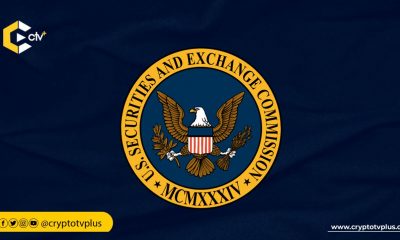

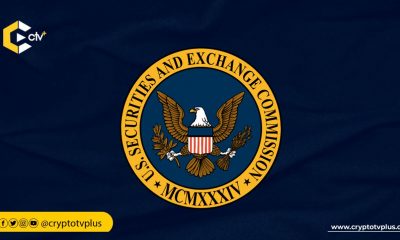

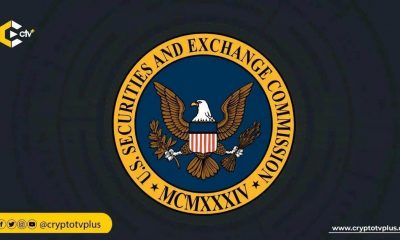

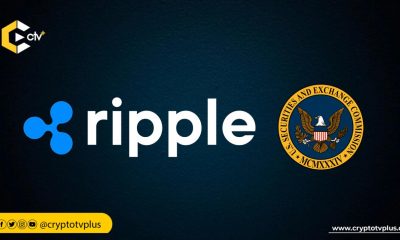

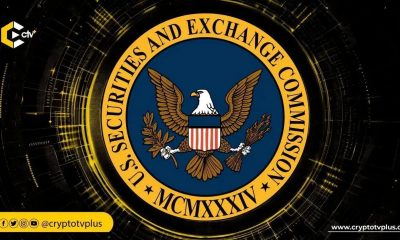











8 Comments